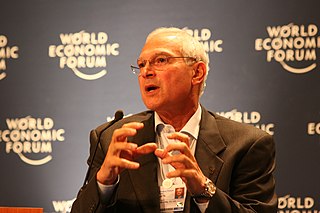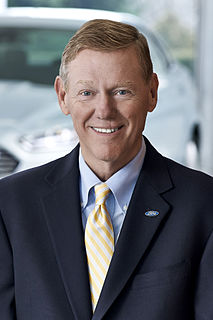A Quote by Mark Ruffalo
The biggest industry hoax is that the United States can't move to renewable energy now. It's a lie.
Related Quotes
The sooner we switch away from carbon-based fuel and start relying on renewable energy sources available in the United States, the sooner we will grow our economy by creating the millions of new jobs that will come from retrofitting homes and businesses, building smart grids, renewable energy systems and planting trees and all the rest. We need to create a lot of jobs that can't be outsourced.
Historically, the United States has had a wonderful energy policy. We're blessed with a diversity of resources. We have oil. We have gas. We have coal. We have nuclear. And renewables. And as a result, one of our biggest competitive advantages has been affordable energy. You need a strong economy and you need affordable energy to fuel that economy.
Let's take energy, for instance. I understand that in some industries, the input cost of energy is a major factor in whether an industry is going to locate in the United States or go elsewhere. So, when, at Bain Capital, we started a new steel company called Steel Dynamics in Indiana, the cost of energy was a very important factor to the success of that enterprise.




































